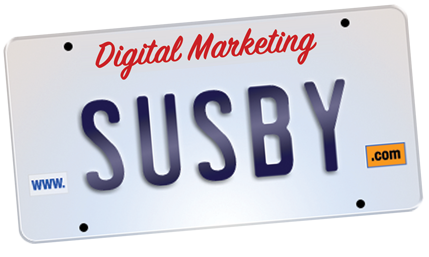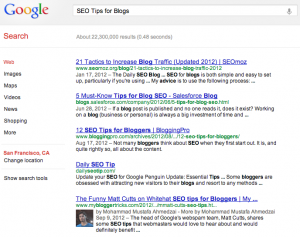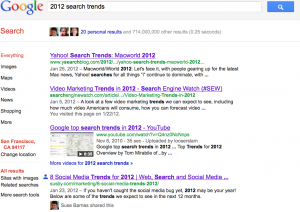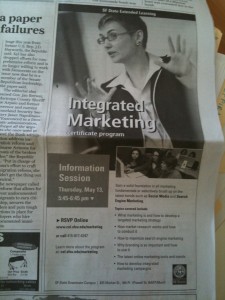Partnerships, the 6th P in Marketing

What makes perfect partnerships in business?
To be social means to have and form partnerships of all kinds. Whether it’s a partnership in the form of becoming a fan or follower, a friendship with a high school classmate, a business partnership or simply a meetup group for learning and expanding your contacts, partnerships are prevalent in marketing today. They always have been, but if you look at the most successful businesses today, it’s those that have been most strategic and smart with their partnerships.
Google’s Larry Page and Sergei Brin were the original dream team who started Google. They then hired Eric Schmidt to create a partnership that resulted in the beginning of profits for the company. Google purchased many a young startup company including Blogger, Picasa, and YouTube and those partnerships even if they were acquisitions has served to increase profitability exponentially over time. Google also partners with its customers by helping them make money for themselves through their core product, Google AdWords. They provide many tips, tools and tutorials for advertisers and reward customers who are performing well with better pricing and higher rankings.
Facebook has partnered with several third party application developers, (such as Votigo and Involver) service providers (like Spotify and Instagram) and game developers (like Zynga) in order to keep their user base. We partner with twitter users every time we reciprocate a follow, retweet or enter into public conversations. No solitary person can exist in a vacuum and certainly no marketing can happen without anyone around. In the conversation economy, word of mouth is a world of mouth. People and partnerships are crucial for business and even more crucial in social media marketing.
What are your favorite examples of winning partnerships in business today or from the past? Please add your thoughts in the comments area below.






